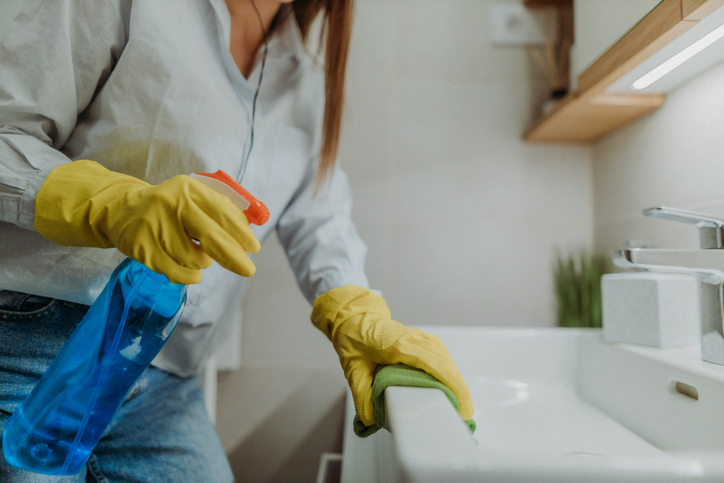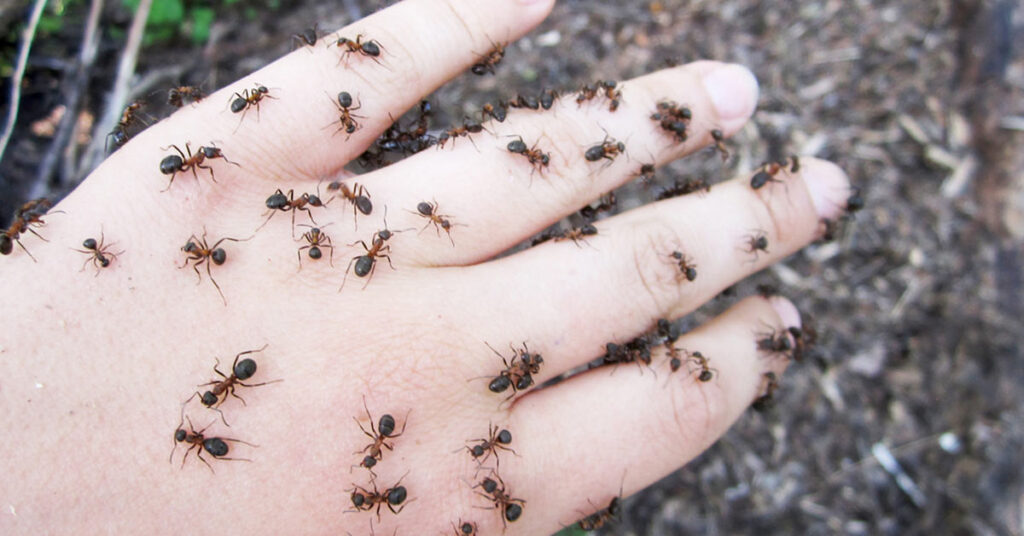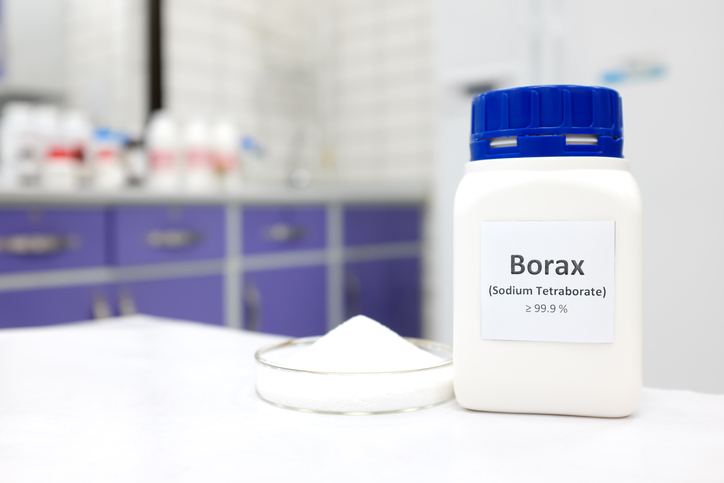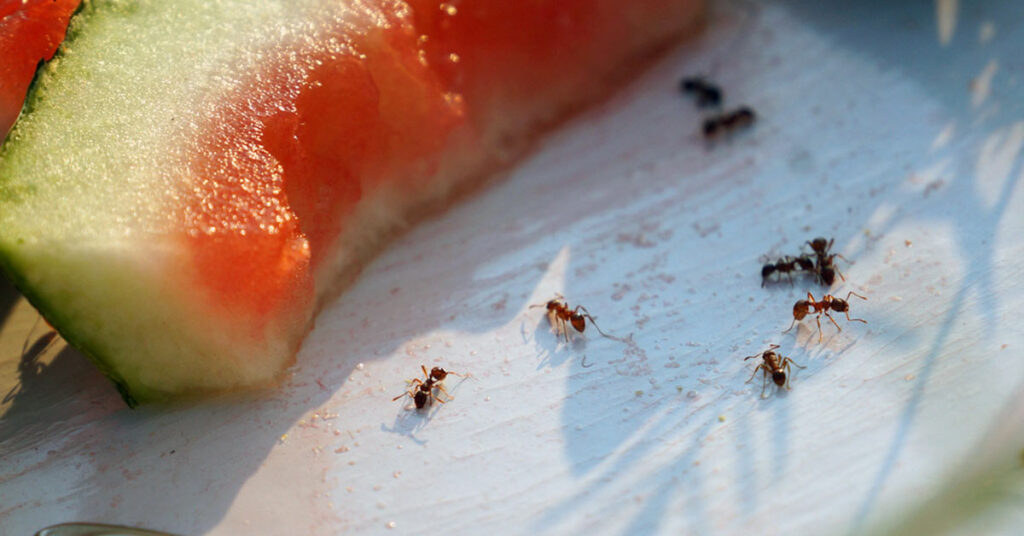Ant infestations in households can be a persistent and bothersome problem that can lead to various consequences. This comprehensive overview has delved into multiple aspects of ant infestations, providing valuable insights on identification, risks, prevention, DIY methods, professional solutions, and the potential consequences of not addressing an ant infestation.

If an infestation occurs, it is important to act promptly. While DIY methods and home remedies may offer temporary relief, professional exterminators bring expertise, specialized treatments, and integrated pest management strategies to effectively eliminate ant infestations and prevent their recurrence. Neglecting to address an ant infestation can result in structural damage, contamination of food sources, the attraction of other pests, colony expansion, and psychological distress. Therefore, it is crucial to address ant infestations in a timely manner, employing a combination of prevention, early detection, and professional assistance, to safeguard your property and maintain a healthy living environment free from ant-related problems.
Determining if You Have an Ant Problem
Signs of an Ant Infestation
Determining if you have an ant problem involves looking for several signs of an infestation. Keep an eye out for live ants, particularly in large numbers, as their presence indicates an infestation. Additionally, watch for ant trails, which are lines of ants moving in a defined path, as they establish routes for foraging. Discovering ant nests, which can appear as mounds of dirt, piles of debris, or hidden in cracks and crevices, is another clear indicator of an infestation. Look for sawdust-like frass near nesting sites, especially if you suspect carpenter ants. Lastly, keep an eye out for trails of food crumbs or sugar granules, as ants are attracted to these food sources. Identifying these signs will help you determine if you have an ant problem and take appropriate measures to address it.
Locating The Ant Nest in Your House
Locating the ant nest within your house can be a challenging task since ants often establish their nests in concealed or hard-to-reach areas. However, there are a few strategies you can employ to increase your chances of finding the nest. First, try to follow the ant trails to trace their movement back to the nest. By observing the ants’ behavior, you can potentially uncover the location of their nest. Additionally, keep an eye out for signs of nesting activity, such as piles of dirt, debris, or sawdust-like frass near potential nesting sites. These signs can give you clues about the proximity of the nest. Another approach is to use baiting techniques. Placing ant baits near areas of ant activity can attract the ants and encourage them to carry the bait back to their nest, helping you locate it. If your efforts are unsuccessful or the infestation seems extensive, it is advisable to seek professional help from a pest control expert who has the expertise and experience to effectively locate and treat ant nests. Their specialized knowledge and tools can assist in pinpointing the nest and implementing appropriate measures for control and eradication.
Impact And Risks of Ant Infestations
Failing to address an ant infestation can have significant consequences for both your property and your well-being. One potential consequence is structural damage. Certain ant species, such as carpenter ants, have the ability to tunnel through wood, compromising the structural integrity of your home. This can lead to costly repairs and pose a safety risk.
Another consequence of an unaddressed ant infestation is the contamination of food sources. Ants can easily access and contaminate stored food, leading to potential health hazards. Consuming food that has come into contact with ants or their droppings can result in foodborne illnesses and gastrointestinal issues.
Can Ants Cause Structural Damage to a Home?
Ants are generally not known for causing significant structural damage to homes like termites do. However, some species of ants, such as carpenter ants, can pose a risk to the structural integrity of a house. Carpenter ants excavate wood to create their nests, which can lead to weakened or damaged wooden structures over time. While the damage caused by carpenter ants may not be as extensive as that caused by termites, it is still important to address a carpenter ant infestation promptly to prevent further structural issues.
Can Ants Cause Damage to Electrical Systems or Appliances?
In rare cases, ants can cause damage to electrical systems or appliances. Certain ant species, like the Pharaoh ant, are attracted to electrical wiring or components due to the warmth they generate. Ants may chew through insulation or create nests around electrical systems, which can potentially lead to short circuits or malfunctions. However, such instances are relatively uncommon, and the risk of significant damage to electrical systems from ants is generally low.
Can Ants Cause Damage to Outdoor Structures or Gardens?
While ants are not typically harmful to outdoor structures or gardens, they can create anthills or disturb soil around plant roots. Large ant colonies can undermine the stability of outdoor structures such as walkways or retaining walls if they nest nearby. Additionally, some species of ants, like fire ants, can be aggressive and inflict painful bites or stings, posing a nuisance and potential harm to individuals using outdoor spaces.
What Are The Potential Health Risks Associated With Ants?
In addition to the physical consequences, an ant infestation can also have a psychological impact. Dealing with the presence of ants in your living spaces can cause stress, anxiety, and a general feeling of uncleanliness. It can disrupt your daily life and create a constant sense of discomfort and frustration.
To avoid these potential consequences, it is crucial to take immediate action when signs of an ant infestation are detected. Addressing the infestation promptly can help prevent structural damage, food contamination, secondary pest problems, and the psychological toll associated with an ongoing infestation. Seeking professional help and implementing effective ant control measures are key to resolving the issue and maintaining a safe, healthy, and pest-free living environment.
Can Ants Contaminate Food?
Ants are attracted to food sources and can contaminate stored food items. They can crawl over surfaces and leave behind bacteria or pathogens that can lead to foodborne illnesses. It is important to keep food properly stored and sealed to minimize the risk of contamination by ants or other pests.
Do Ants Carry Diseases?
Unlike certain disease-carrying pests like mosquitoes or ticks, ants are generally not known as significant carriers of diseases that directly affect humans. However, some studies have suggested that ants can harbor and transmit certain bacteria or pathogens. While the risk of disease transmission from ants is generally low, it is always advisable to maintain good hygiene practices and avoid direct contact with ants or their trails.
Are Ants Harmful to Humans or Pets?
Most ants are not harmful to humans or pets in terms of causing serious harm or toxicity. However, certain ant species, such as fire ants or harvester ants, can deliver painful bites or stings. These can cause discomfort, allergic reactions, or, in rare cases, severe allergic responses in sensitive individuals. It is important to be cautious around ants, particularly if you are aware of aggressive species in your area, and take appropriate measures to avoid being bitten or stung.
Attraction and Prevention
What Attracts Ants to My House?
Ants are attracted to houses for several reasons. They are primarily drawn by the presence of food sources, such as crumbs, spills, or unsealed food containers. Ants have a particular affinity for sweet substances, like ripe fruit or sugary drinks. Moisture can also attract certain ant species, so areas with leaks or high humidity may be appealing to them. Additionally, ants seek shelter and nesting sites, finding their way into cracks, gaps, or damaged weatherstripping. Understanding these attractions can help in implementing prevention strategies to keep ants from entering your home.
How Can I Prevent Ants From Entering My Home in the First Place?
To prevent ants from entering your home, there are several effective measures you can take. First, maintaining cleanliness and hygiene is crucial, as it involves promptly cleaning up food spills, regularly wiping down surfaces, and storing food in airtight containers. Sealing entry points, such as cracks, gaps, and openings in walls, windows, and foundations, help prevent ants from finding their way indoors.
Removing moisture sources by fixing leaks and reducing humidity levels is important, as ants are attracted to damp environments. Proper food storage, both for human and pet food, minimizes the availability of food sources. Regularly cleaning outdoor areas, removing debris, and tightly sealing trash bins help eliminate potential ant habitats.
Trimming vegetation that may provide access to your home and creating distance between plants and the foundation can also deter ants from entering. Implementing these preventive measures significantly reduces the likelihood of ant infestations and helps maintain an ant-free environment.
Long-term Strategies to Prevent Future Ant Infestations
In addition to the above preventive measures, there are long-term strategies to minimize the chances of future ant infestations:
Implementing Routine Pest Control
Regularly schedule professional pest control inspections and treatments to proactively address any potential ant issues and prevent infestations from taking hold.
Ant Bait Stations
Placing ant bait stations around the perimeter of your house can help intercept ants before they enter. These bait stations contain ant-attracting substances mixed with slow-acting insecticides that ants carry back to their colonies, effectively controlling them.
Landscaping Considerations
When planning your landscaping, choose plants that are less attractive to ants. Avoid planting trees or shrubs near the foundation of your house, as they can provide bridges for ants to access your home.
Monitoring and Early Detection
Regularly inspect your house for signs of ant activity, such as trails, nests, or entry points. Promptly address any ant sightings or signs of infestation to prevent them from establishing larger colonies.
By implementing a combination of these preventive measures and long-term strategies, you can significantly reduce the chances of ants entering your home and prevent future ant infestations.
Home Remedies and DIY Control Methods:
Using Vinegar, Citrus Peels, Mint, Bay Leaves, and Cinnamon to Control Ants
Natural ingredients are known for their strong scents that ants find unpleasant. Vinegar can disrupt ant trails and deter them from entering certain areas. Citrus peels, mint leaves, bay leaves, and cinnamon can be placed near ant entry points or known ant trails to repel them. While these remedies may provide temporary relief, they are not likely to eliminate the entire ant colony.
Using Essential Oils to Repel Ants
Certain essential oils, such as peppermint, lavender, and tea tree oil, have repellent properties that can discourage ants. Mixing a few drops of these oils with water and spraying the solution along ant trails or entry points can help repel ants. However, it is important to note that the effectiveness of essential oils may vary, and they may not completely eradicate ant infestations.
How to Make Homemade Ant Traps
Homemade ant traps can be created using a combination of sugar or sweet bait and a toxic substance. Common DIY ant traps involve mixing sugar or honey with boric acid or borax powder. The sweet bait attracts ants, and the toxic substance is carried back to the colony, eventually leading to its eradication. It is crucial to handle toxic substances with care, following instructions and keeping them out of reach of children and pets.
Will Ants Walk Across Baking Soda?
Ants are generally averse to baking soda. Sprinkling a line of baking soda across ant trails or near entry points can disrupt their movement and discourage them from crossing. However, baking soda alone may not be sufficient to eliminate an ant infestation, as it primarily acts as a deterrent rather than a complete control method.
Do Dryer Sheets Repel Ants?
Dryer sheets contain strong fragrances that can deter ants temporarily. Placing dryer sheets near ant entry points or known ant trails may discourage them from entering specific areas. However, like other home remedies, dryer sheets alone are unlikely to completely eradicate an ant infestation.
Does Bleach Keep Ants Away?
Bleach can help eliminate ant trails and remove scent markers that ants use to communicate with each other. Cleaning surfaces with a bleach solution may disrupt their foraging patterns temporarily. However, bleach is not an effective long-term solution for ant control, as it does not address the underlying colony and may not deter ants from finding alternative routes.
Are there any DIY Methods to Destroy an Ant Nest?
Destroying an ant nest through DIY methods can be challenging. Pouring boiling water or a mixture of hot water and dish soap into the nest entrance may be effective for some small nests, but it may not reach the deeper parts of larger nests. Disturbing or damaging the nest without eliminating the queen and entire colony can result in ants relocating or creating multiple satellite colonies.
What are the Risks of Using DIY Ant Control Methods?
DIY ant control methods come with certain risks. Toxic substances, such as boric acid or borax, should be handled carefully and kept away from children and pets. Misuse or improper application of pesticides or homemade traps can lead to ineffective control or accidental exposure. DIY methods may also provide temporary relief but fail to address the root cause of the infestation, allowing it to persist or worsen over time.
How Long Does it Usually Take for DIY Ant Control Methods to Be Effective?
The effectiveness of DIY ant control methods can vary depending on the extent of the infestation and the specific method used. Some methods may provide immediate results by disrupting ant trails or repelling them temporarily. However, complete eradication of an ant infestation may take time, especially when dealing with larger colonies or multiple nesting sites.
Professional Solutions
Are Professional Exterminators More Effective Than DIY Methods in Eliminating Ants?
Professional exterminators have extensive knowledge and experience in dealing with ant infestations. They can provide targeted and customized solutions based on the specific ant species and the extent of the infestation. Compared to DIY methods, professional exterminators often have access to more potent and specialized insecticides that are effective in eliminating ants at their source, including their nests. Additionally, professionals have a deep understanding of ant behavior and can implement integrated pest management (IPM) strategies, which involve a combination of chemical treatments, physical barriers, and preventive measures. Overall, professional exterminators tend to be more effective in achieving long-term ant control and preventing future infestations.
Are There any Risks Associated With Using Chemical Ant Baits or Sprays for Ants?
The use of chemical ant baits or sprays should be approached with caution. While these products can be effective in controlling ants, they contain pesticides that may pose health risks if mishandled or misused. It is important to carefully follow the instructions provided by the manufacturer and consider any precautions or safety measures indicated on the product label. Chemical treatments should be applied only to targeted areas and kept away from children, pets, and food preparation surfaces. To minimize risks, it is advisable to hire licensed and trained professionals who can safely handle and apply pesticides.
Can Ants be Completely Eradicated From a Home?
Achieving complete eradication of ants from a home can be challenging. Ants are highly social insects that form complex colonies with multiple nesting sites, including hidden or hard-to-reach areas. While professional exterminators can significantly reduce ant populations and eliminate visible infestations, eradicating every single ant from a property may be impractical.
However, with a thorough inspection, targeted treatments, and ongoing monitoring, professional pest control services can effectively manage ant populations, preventing them from causing further problems and reducing the risk of reinfestation. Regular maintenance and proactive measures can help maintain an ant-free environment over the long term.
Conclusion
Addressing ant infestations requires a proactive approach that includes early detection, prevention, and, when necessary, seeking professional assistance. Understanding the common types of ants found in households, signs of infestation, and potential entry points can help homeowners identify and address ant problems promptly. By implementing preventive measures such as maintaining cleanliness, sealing entry points, and addressing moisture sources, individuals can reduce the likelihood of ant infestations. DIY methods and home remedies can provide temporary relief, but for effective and long-term control, professional exterminators are often more successful. Their expertise, access to specialized treatments, and integrated pest management strategies can result in comprehensive ant control and prevention.




